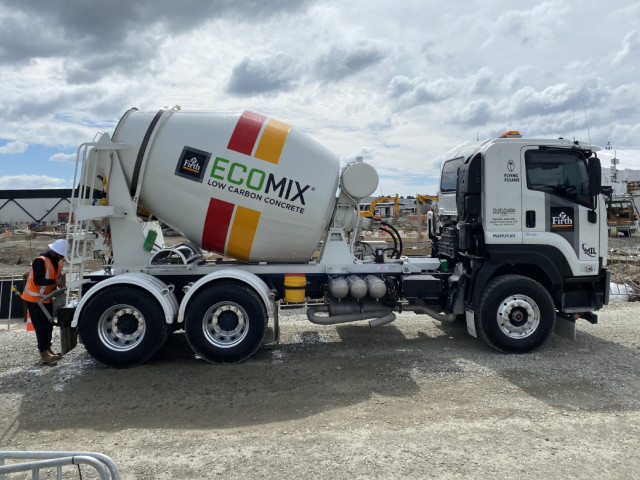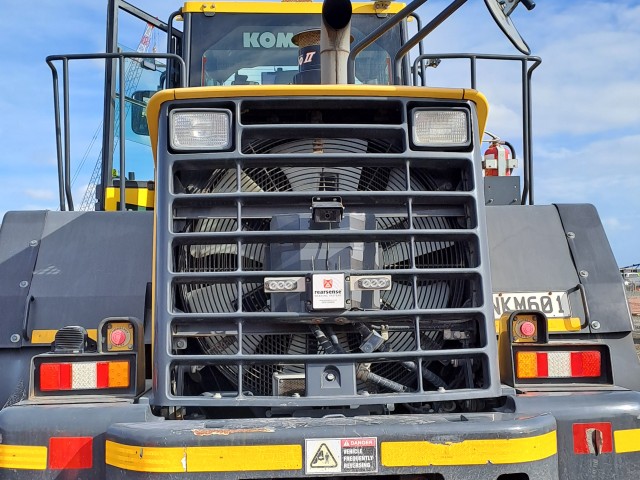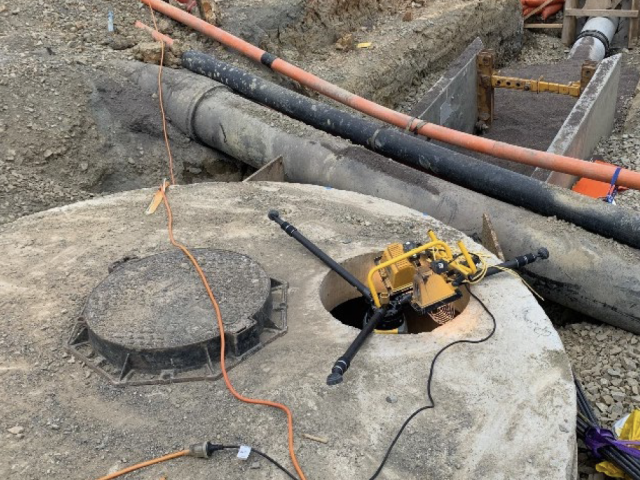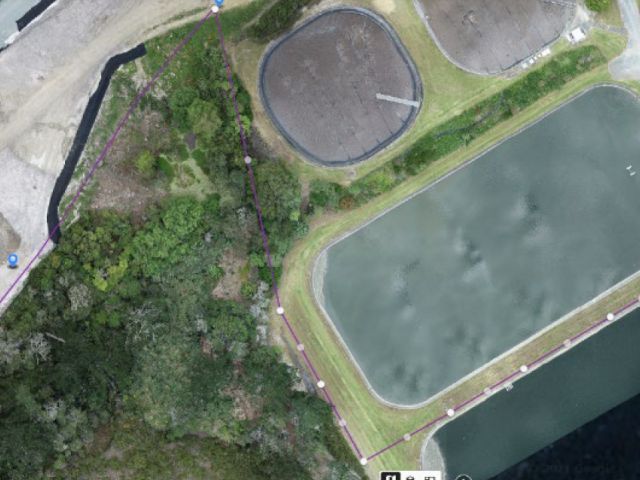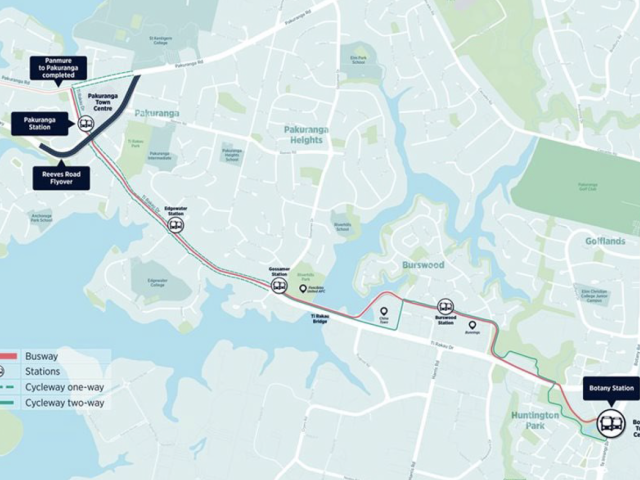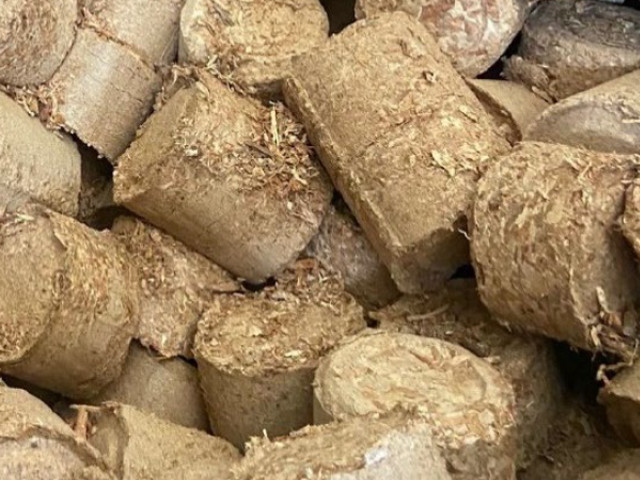We take our role as a leader in the construction sector seriously.
We encourage our teams to use innovative approaches to solve issues and explore opportunities.
In the spirit of collaboration, we want to share this information with all construction professionals, experts, academia and thought leaders for the good of the wider industry.
We value the strength of collaboration and partnering in addressing the many interconnected opportunity areas for our sector.
To that end we want to promote and share the great work of partner organisations in these areas.
To view these stories, please share your details so we can send information that might be of interest and invite you to thought leadership events.
If you would like to learn more, or have information you’d like to share with the wider industry – contact the team here.
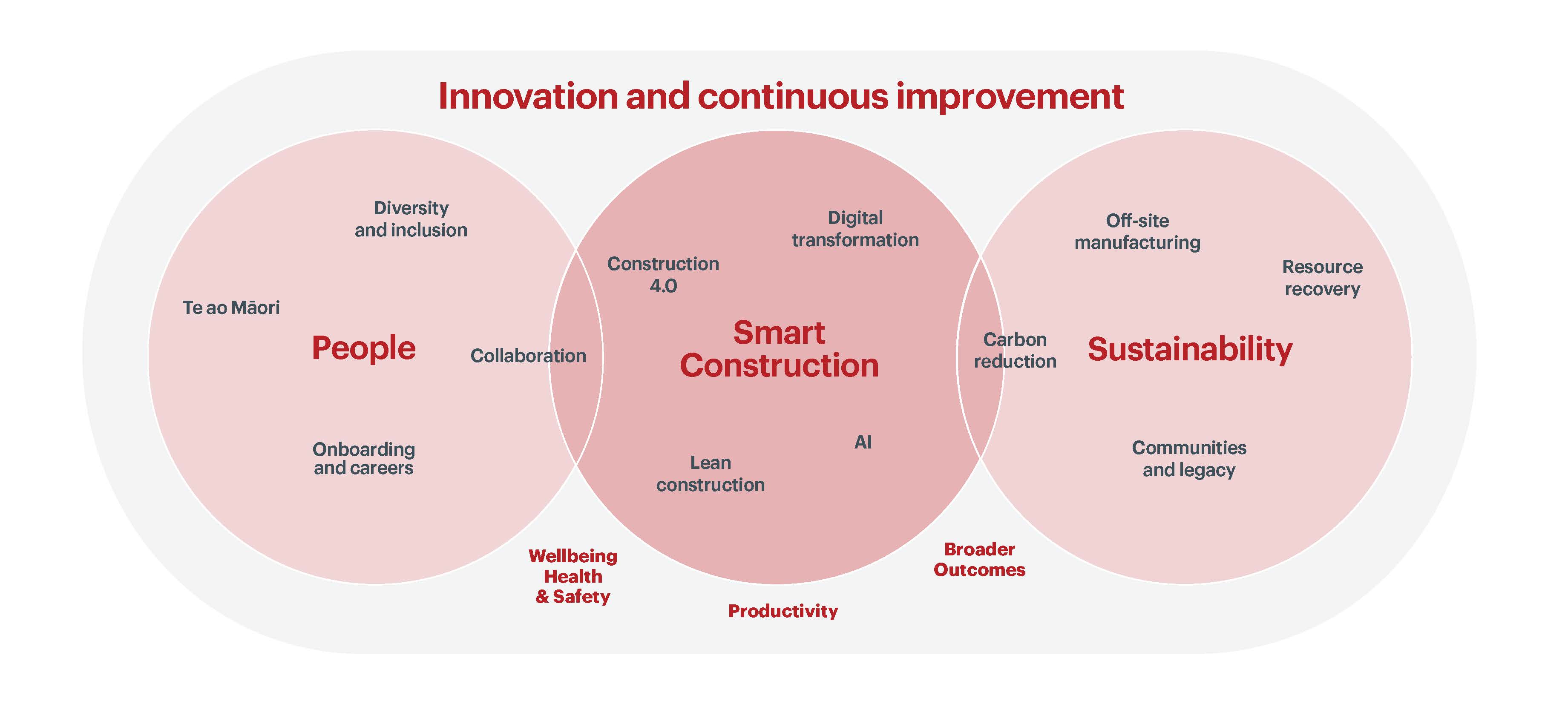
Keep Britain Tidy today unveils a newly designed and tested version of the waste hierarchy as part of fresh guidance to help the industry to better educate the public about waste prevention and mindfu...
Keep Britain Tidy today unveils a newly designed and tested version of the waste hierarchy as part of fresh guidance to help the industry to better educate the public about waste prevention and mindful consumption and urgently accelerate the UK’s transition to a circular economy.
Visit the Keep Britain Tidy website

Reducing construction waste can be easier than you think.
Reducing construction waste can be easier than you think. Making small changes to things you already do can make a massive difference.
Visit the Master Builders website

Opportunities exist with Firth to save water by increasing recycled water in concrete mixes.
Opportunities exist with Firth to save water by increasing recycled water in concrete mixes.
Subsidised staff transport on AT services make public transport the easy choice.
Subsidised staff transport on AT services make public transport the easy choice.
Fareshare allows employers to offer subsidised public transport to staff, on AT services, as an employee benefit which is exempt from fringe benefit tax. Subsidise either 25%, 50% or 75%, on weekdays only or 7-days.
Email to find out more: fareshare@at.govt.nz
About Fareshare

We’re using ‘Innovation Sprints’ to help solve business challenges and accelerate innovative ideas.
We’re using ‘Innovation Sprints’ to help solve business challenges and accelerate innovative ideas. The sprints help us to quickly come up with the right solutions in a short time.
Working together, our Operational and Environment, Health and Safety group recently took this Agile approach to help keep our people safe. They organised a sprint focused on finding an engineering solution to manage the critical risk of our people being struck by mobile plant such as excavators, rollers, cranes, etc.
In just six weeks the team scanned the globe and came up with a solution which complements our Safe Work System for People Interface Zones – installing AI cameras on plant blind spots to clearly identify and locate people who inadvertently enter into a blind spot on an operational piece of plant so the operator can take appropriate action to prevent a potential harm event.
This solution has been installed on a variety of machines and sites where the risk is the highest, with more to come!
Drone photogrammetry and laser scanning were used to create a representation of the finished Papakura Water Treatment Plant, ensured minimum impact on the quality of life of residents in the area.
Drone photogrammetry and laser scanning were used to create a representation of the finished Papakura Water Treatment Plant, ensured minimum impact on the quality of life of residents in the area.
Technology helped facilitate closer collaboration between all teams involved in the successful installation of a temporary electrical supply for our Snells Beach site facility.
Technology helped facilitate closer collaboration between all teams involved in the successful installation of a temporary electrical supply for our Snells Beach site facility.
When houses are removed to make way for major infrastructure projects, they’re usually sent to landfill.
When houses are removed to make way for major infrastructure projects, they’re usually sent to landfill. With big goals for sustainability, the Eastern Busway Alliance team was determined to divert as much of these materials as possible from landfill.
We hosted a kōrero with the AUT School of Future Environments about how infrastructure providers and Mana Whenua can build positive relationships.
We hosted a kōrero with the AUT School of Future Environments about how infrastructure providers and Mana Whenua can build positive relationships.
It’s an area where many of us have a lot to learn, so this was a great opportunity for our people, partners and customers to listen to the wisdom of Rawiri Faulkner (Mana Whenua Partnerships Manager, Te Arana Alliance), Otene Reweti (Pou Hononga, Watercare), and Val Panui (Kaitohutohu Ahurea Matua, Fletcher Building) – facilitated by AUT professor Tania Ka’ai.
We discussed what we can all do on an individual level as well as what we can do better as businesses. Take a look at the video to learn more.
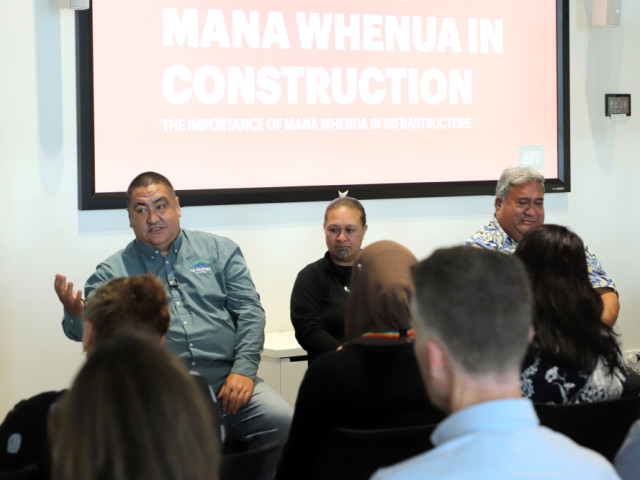
Where do our emissions come from?
Where do our emissions come from? What is embodied carbon and how is it shown in an Environmental Product Declaration or EPD? Find out what Fletcher Building is doing about embodied carbon in this Lunch and Learn session.

Watercare joins our Engineering Services team to talk about facilitation and online collaboration tools, with a focus on Miro.
Watercare joins our Engineering Services team to talk about facilitation and online collaboration tools, with a focus on Miro.
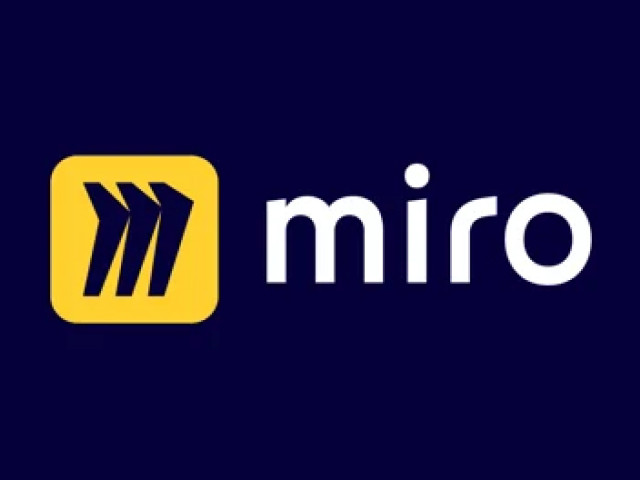
Looking after our people is about more than just their physical safety.
Looking after our people is about more than just their physical safety. Increasingly, we are focused on how we can support the overall wellbeing of our teams, which has led us to partner with Groov and MATES in Construction.
To explore the idea of wellbeing in construction even further, we held an event with the AUT School of Future Environments. We hosted a panel discussion to look at what we can do to support the wellbeing of our teams, and what we can do as individuals too. Thanks to Kent Johns, Carla Tonks, Fiona Crichton and facilitator Charles Walker for sharing their insights.
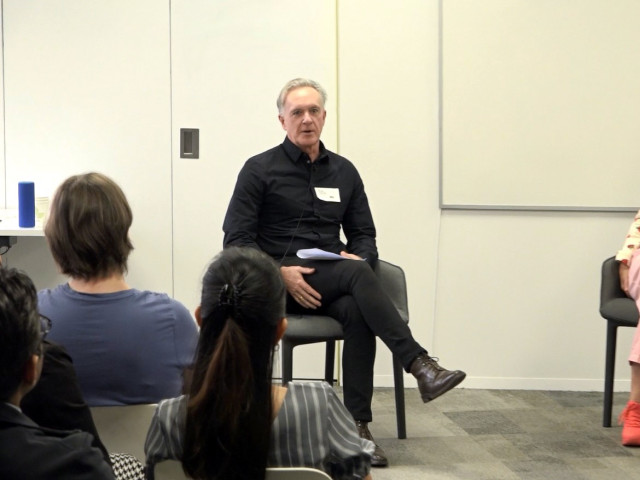
We have a partnership with Groov, which is seeing a passionate team led by Sir John Kirwan deeply embedding a culture of wellbeing across the business.
We have a partnership with Groov, which is seeing a passionate team led by Sir John Kirwan deeply embedding a culture of wellbeing across the business.
This starts with developing wellness leaders to understand and prioritise their own wellbeing, who then help their teams to do the same.
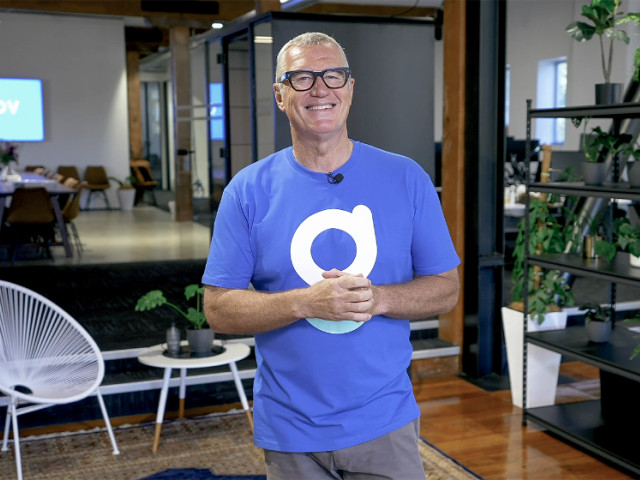
We offer a Safety Leadership Programme which works on a set of concrete principles, delivered by our operational line leaders in an interactive, engaging two day workshop.
We offer a Safety Leadership Programme which works on a set of concrete principles, delivered by our operational line leaders in an interactive, engaging two day workshop.
Once leaders have completed the safety leadership programme and exhibit leadership behaviours and mindsets, they are ready to deliver the Power Up Frontline Programme to our workers and regular contractors.
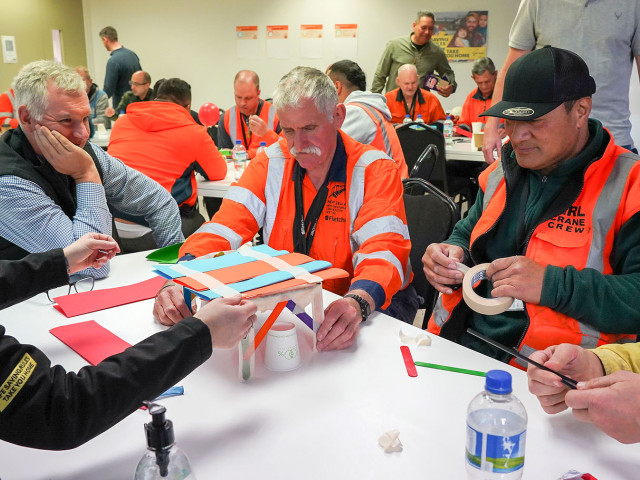
MATES in Construction is a charity that exists to reduce the number of lives lost to suicide in the construction industry.
MATES in Construction is a charity that exists to reduce the number of lives lost to suicide in the construction industry.
Our New Zealand International Convention Centre (NZICC) and Snells Beach Wastewater Treatment Plant teams are proud to be accredited with MATES.
To become accredited, at least 80% of site workers had to receive MATES’ General Awareness training. The sites also have to maintain a minimum number of people who’ve gone through the next stage of MATES training and become a ‘Connector’.
For the NZICC team, all of this means working to foster an environment where anyone can openly have a korero with their mates on how they’re going.
At the Snells Beach project, project manager Paul Ashcroft says he constantly sees evidence of the empathy and keenness to look out for each other when someone is in troubled times. “Achieving this recognition and support means we are stronger together to prevent suicide.”
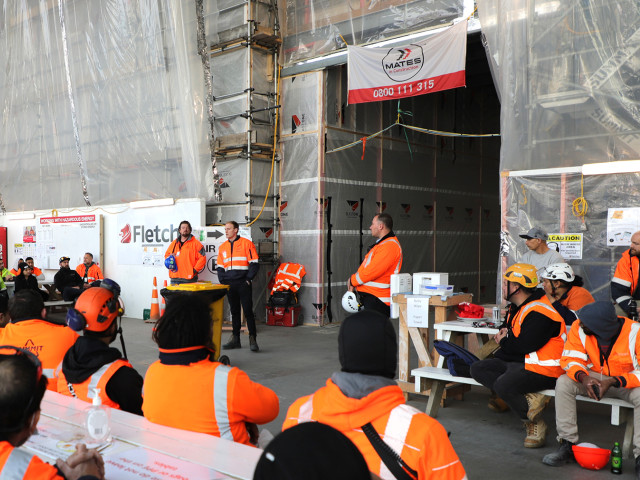
We’re using a remote control roller in our work to repair one of the major slips in Coromandel (McBeth-Opoutere).
We’re using a remote control roller in our work to repair one of the major slips in Coromandel (McBeth-Opoutere). We’ve built a retaining wall to support the road above, backfilled it, and the roller has just finished levelling.
The remote control roller is used in areas where we need to flatten ground near any steep drop-offs. This means if something did go wrong and the roller tipped off the edge, none of our people would be hurt in the process.
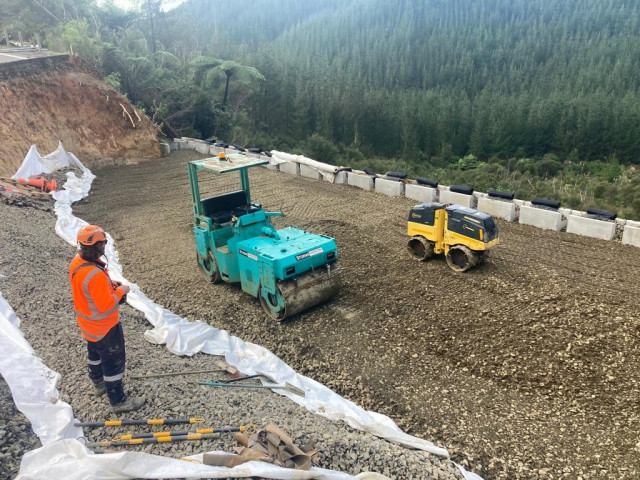
When our teams want to eat lunch or enjoy a cuppa on a site where there are no facilities, ‘port-a-smoko’ has them covered.
When our teams want to eat lunch or enjoy a cuppa on a site where there are no facilities, ‘port-a-smoko’ has them covered.
Brian Perry Civil’s southern wellbeing trailer, a self-contained, lunch-room-cum-office-on-wheels, provides the kitchen and comfort facilities they need when they are working on construction sites with no amenities.
The trailer includes a kitchenette with a fridge, microwave, fresh water and a dining table for six. There’s also an office desk with shelves and a white board for facilitating meetings, a first aid kit, fire extinguisher and a heat pump. The front deck is designed to house a port-a-loo and there are external hand-washing facilities.
Brian Perry Civil Works Manager Brian Tunnell says the trailer concept is ideal for short-duration projects where there isn’t time to establish a port-a-com unit onsite, or for the early stages of projects before kitchen facilities are set up.
While there are similar welfare vans available to hire, it was BPC’s initiative to create its own unit in 2019.
Brian describes the wellbeing trailer as a modern-day site caravan that can be towed where it’s needed for immediate use.
“It’s a super-positive initiative. Our teams appreciate somewhere to get out of the cold in winter, or the heat in summer to take their work breaks.
“It means they can sit down to enjoy their time out, rather than sitting on the side of the highway in their vehicles.”
The facility is secure so they can lock their personal items in it. Teams also benefit from having somewhere warm, dry and clean for their team meetings or complete paperwork.”
“Good facilities are important to support good planning and help start the day right,” Brian says. “It’s not ideal to be sitting hunched over in your ute trying to complete your paperwork.”
The welfare trailer is in hot demand, and is often booked out 3-4 months at time and is in use more than 80 per cent of the year. That sort of use supports the possibility of future investment in additional welfare vans. The Higgins team has been watching this development with interest too, They’re cooking up plans for something similar for their sites at the moment.
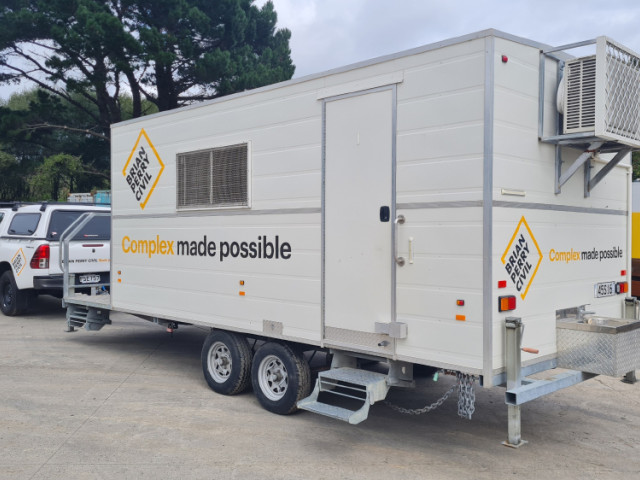
Fletcher Morobe Construction's Joinery Workshop has found ways to reuse the wood waste they produce.
Fletcher Morobe Construction's Joinery Workshop has found ways to reuse the wood waste they produce. In 2012 the manager of the workshop received a sustainability award from Fletcher Building for their innovation around reusing wood waste, saving cost and decreasing their environmental impact. Over 11 years later, the team at the Joinery Workshop is still doing amazing, sustainable work.
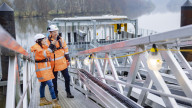
What's next for you?
Join us and we’ll get you all set for what’s next – from the career you want to the lifestyle you’re dreaming of. The size and scale of our operations means we can offer an impressive range of opportunities across the country.

